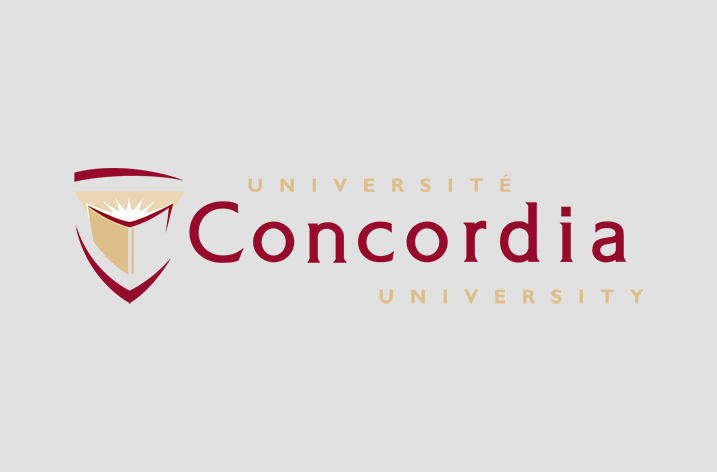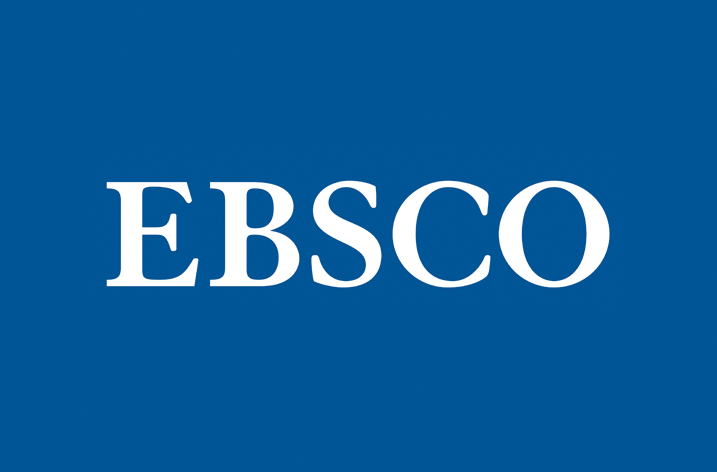
Concordia launches the first open-access academic press in Quebec.
Concordia celebrated this next-generation library initiative and the donors who made it possible — the Birks Family Foundation and Brian and Carolyn Neysmith — on October 27. View photos from the event on Flickr, or listen to a podcast of the event.
The non-profit, open access publisher of scholarly books is one of a kind in Quebec and one of just a few in North America. By making all its peer-reviewed titles available for free to anyone with internet access, CU Press supports Concordia’s stated commitment to innovation and its desire to “transform the individual and strengthen society.”
For Graham Carr, Concordia’s provost and vice-president of Academic Affairs, it’s an important step forward.
“The creation of Concordia University Press supports our university’s commitment to innovation through our embrace of next generation scholarly publishing that is digital and open access. This is an investment by Concordia in the evolution and the revolution of scholarly publishing. It confirms our belief in the social and scholarly relevance of books and of their adaptability, as form and content, to technology and cultural change.”
University librarian Guylaine Beaudry agrees.
“For many researchers, especially in the humanities, social sciences and fine arts, the peer-reviewed book is the primary method of scholarly communication. It is fundamental to teaching and learning, and to the dissemination of new research.”
In 2017, CU Press will begin publishing books in both French and English that are engaged, accessible and make a point. With four new titles planned for release in its first year, both digitally as well as in print for sale to readers and libraries, the publisher will not only feature Concordia authors but also attract dynamic projects by scholars from around the world, regardless of institutional affiliation.
One of the project’s leaders is Concordia librarian Geoffrey Little, the press’s editor-in-chief.
“This is a time of transition in publishing, when the internet has profoundly changed how people find and engage with information, including the scholarly monograph,” Little says
“Publishers as well as libraries are providing more access to digital books, and technology is allowing scholars to share their research in new ways. Concordia University Press aims to make research available to a global readership.”
Little will work with an editorial board of Concordia faculty members responsible for approving all titles, providing guidance and support for acquisitions and setting the press’s editorial policy.
The end goals? Diversify the publishing landscape by offering authors a credible, trusted option for the production, dissemination and preservation of their works; hold to the highest standards of peer review and editorial rigour; and reaffirm Concordia’s mission to enrich the world by sharing groundbreaking research.
CU Press was made possible through generous donations from Brian Neysmith (BSc 66) and the Birks Family Foundation. Their support will allow the project to publish and promote innovative and enduring works and contribute to the widest possible dissemination of scholarship. The Press is also a member of the Association of American University Presses, an organization that promotes best practices in scholarly publishing.























